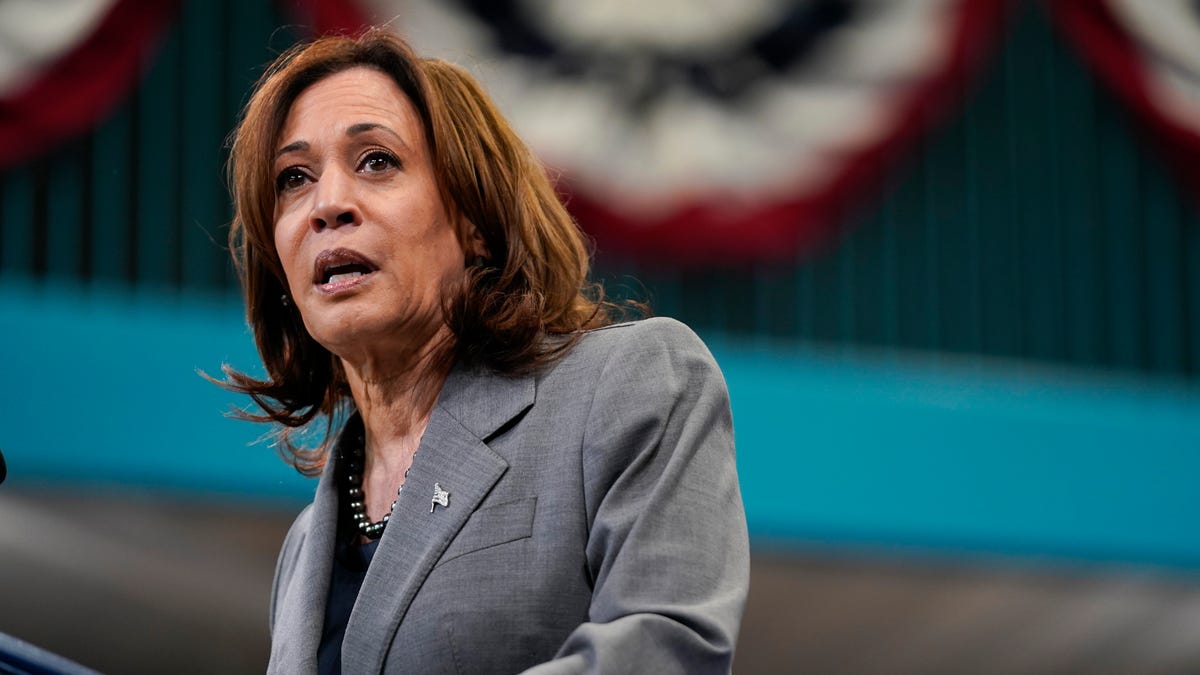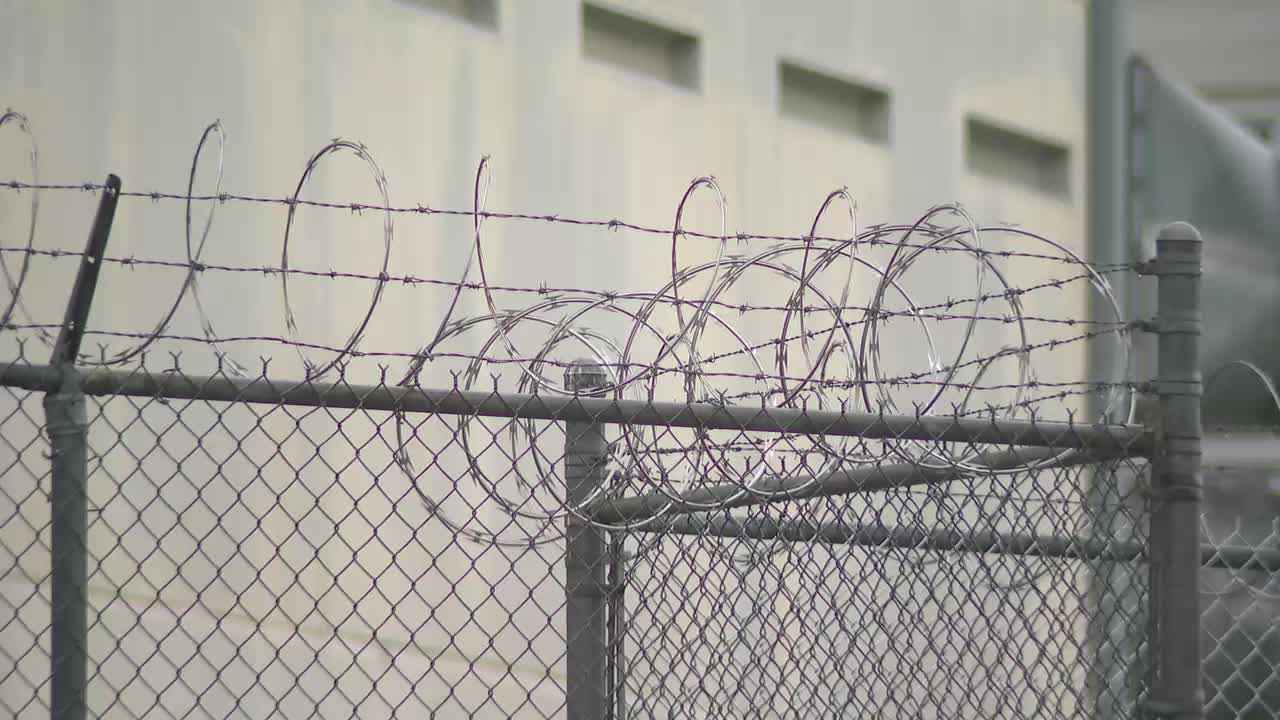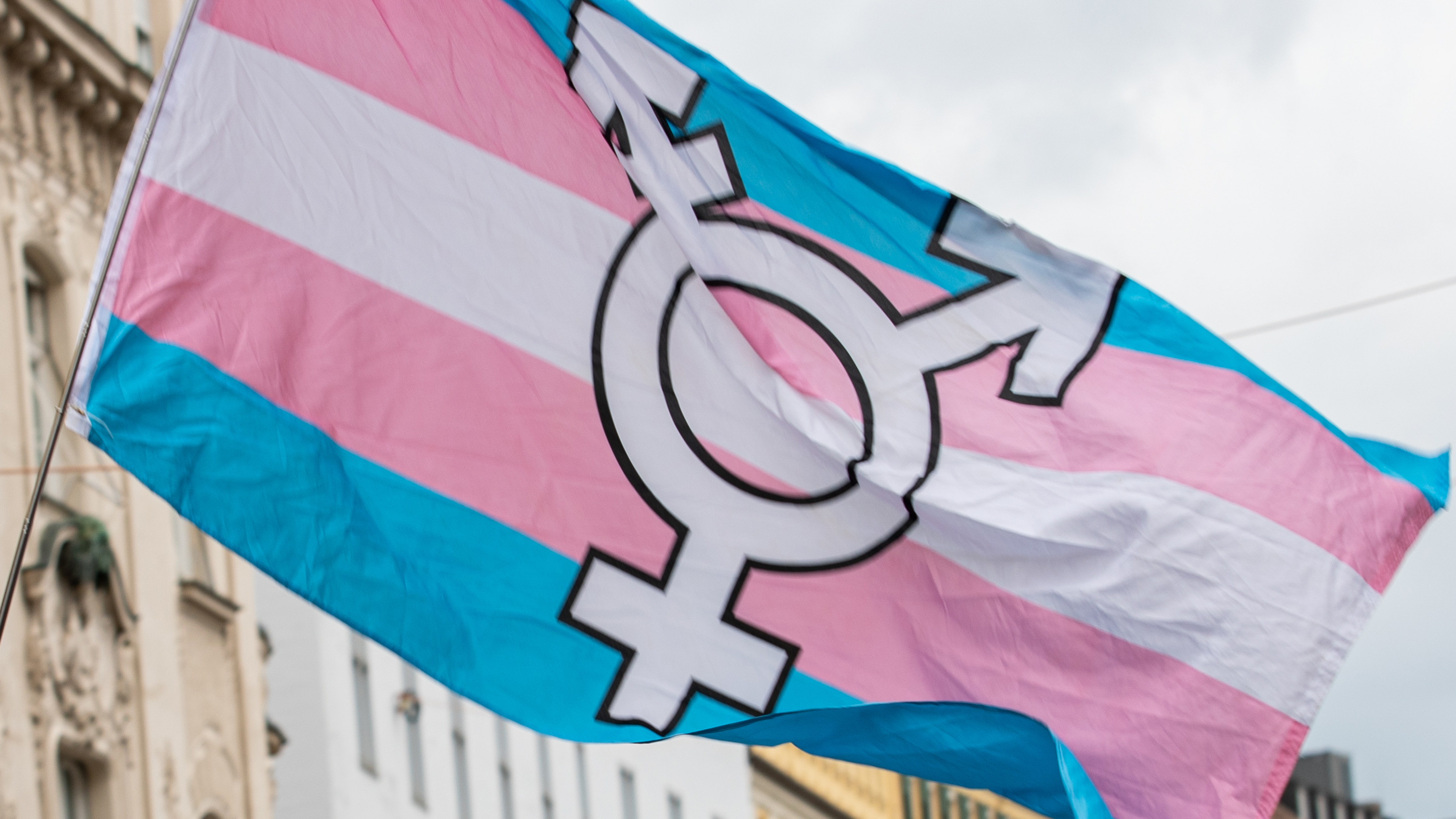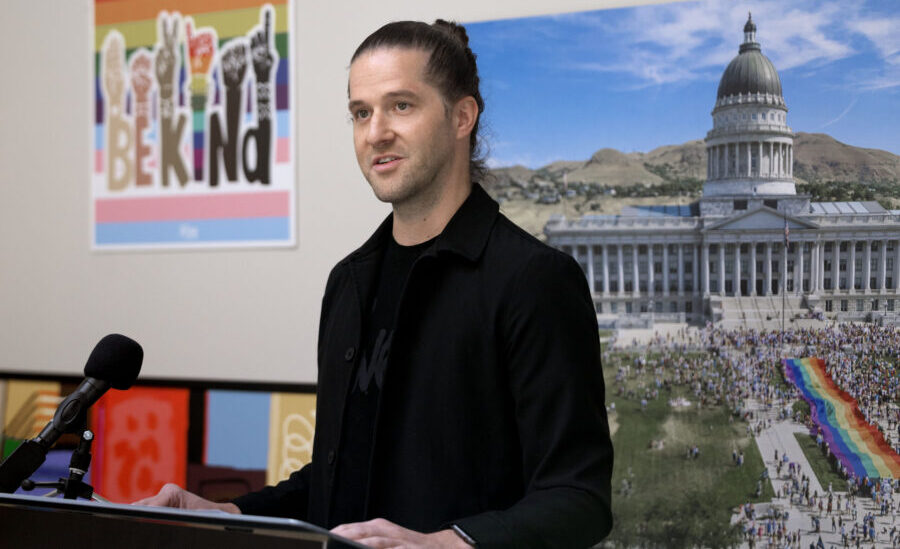World
Spain set for migration deal with US to accept Latin American refugees
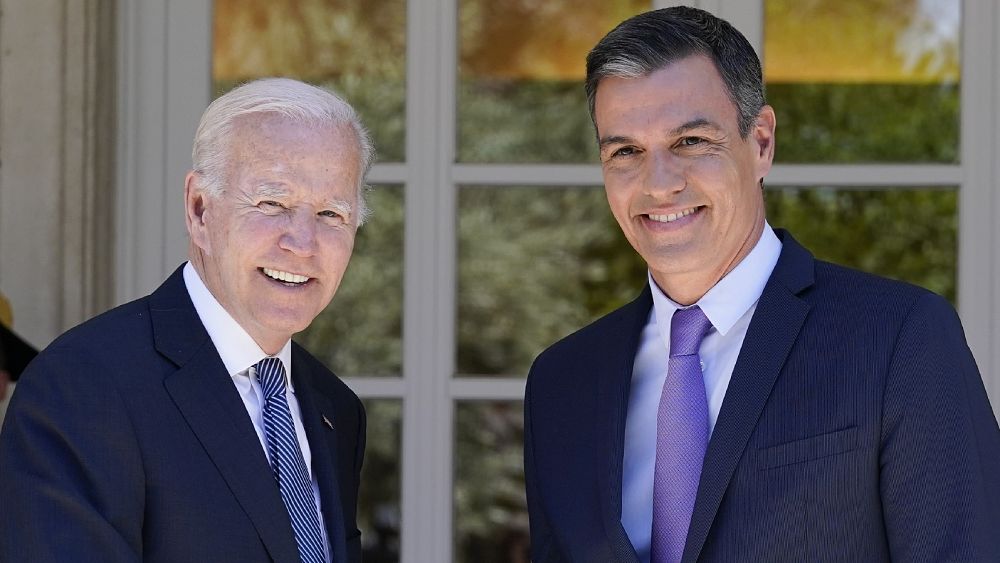
Asylum seekers from Latin America will be able to apply to go to Canada, Spain and the US in migrant processing centres set up in their home countries.
Spanish Prime Minister Pedro Sánchez is on Friday due to hold talks with US President Joe Biden to collaborate on a deal over migration and to seek a united front over the war in Ukraine.
Along with Canada, the US will seek to finalise a deal with Spain over migration hubs in Latin America so migrants can apply from their own countries to flee poverty and violence.
Spain and Canada badly need labour and have signalled they are willing to accept migrants from Latin America as well as other countries in a move that will ease pressure on the US which faces an influx of migrants along its border with Mexico.
The war between Russia and Ukraine will also loom large over the talks in the White House.
Spain will assume the rotating six-month presidency of the Council of the European Union in July and will lead the EU in efforts to find peace.
The Biden administration has ended pandemic controls along its border with Mexico -known as Title 42 – and unveiled new immigration measures which are expected to change how migrants arrive at the US-Mexico border.
While these efforts are designed to still crack down on illegal crossings, they will also open legal ways for migrants to apply for asylum online in their own countries, instead of making the often-deadly journey to the border.
At present, those caught trying to cross the US border illegally cannot return for five years and they face criminal prosecution.
A series of migrant processing centres have been set up in Colombia and Guatemala but are not yet operational. Up to 100 others will be set up in other countries where migrants can apply to come to Canada, Spain and the US.
For the White House, persuading Spain and Canada to take in migrants will be a political victory as the Biden administration views the migration crisis facing the Americas as a global problem that needs a global solution – much like the refugee crises that have impacted Syria, Afghanistan and Ukraine in recent years.
The US has increasingly seen migrants arrive at its Southern border who are from China, Ukraine, Haiti, Russia and other nations far from Latin America. Family groups and children traveling alone make up an increasingly bigger share of these migrants.
Thirty years ago, by contrast, illegal crossings were almost always single adults from Mexico who were easily returned back over the border.
Carlota García Encina, a specialist in US-Spanish relations at the Real Elcano Institute, a Madrid-based think-tank, said the migration deal was important for both the US and Spain.
“The US sees the problem of migration as a global problem so it is important that other countries like Spain and Canada share its view on this,” she told Euronews.
“For Spain it is a change for bilateral cooperation with the US. Normally, it deals with Washington through Brussels.”
Spain, like many other nations, needs workers, and it will be able to choose migrants who have skills needed in the country.
Madrid said the pathway will only apply to those who have already received international protection status.
That means the migrants it accepts will need to be considered refugees and will be treated in much the same way that Syrian asylum seekers, coming via Turkey, have been treated by Spain.
One of the worst hit countries by the pandemic, Spain has struggled to find workers to fill posts in the key tourism, construction, agriculture and technology sectors as its economy recovers.
Last year, Jose Luis Escriva, Spain’s social security and migration minister, said Madrid planned to relax work permit rules for foreigners.
Sánchez is expected to discuss with Biden his recent talks with Chinese President Xi Jinping and Brazilian President Luiz Inacio Lula da Silva, both of whom have put forward ideas to end the conflict in Ukraine.
The Spanish leader is expected to urge Biden to consider the views of other countries outside Europe on the best way to end the war.

World
Blinken says US cannot support Rafah assault without humanitarian plan

World
The unexpected announcement of a prime minister divides Haiti's newly created transitional council
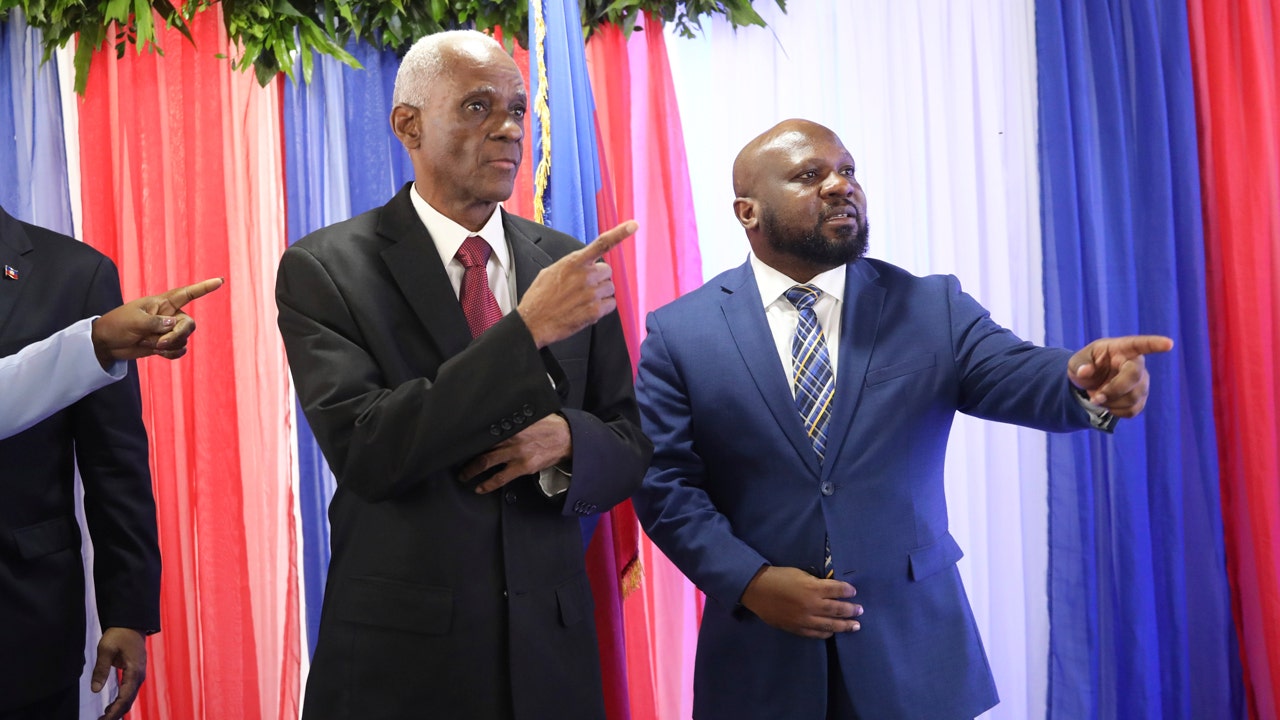
A surprise announcement that revealed Haiti’s new prime minister is threatening to fracture a recently installed transitional council tasked with choosing new leaders for the gang-riddled Caribbean country.
Four of seven council members with voting powers said Tuesday that they had chosen Fritz Bélizaire as prime minister, taking many Haitians aback with their declaration and unexpected political alliance.
HAITI COUNCIL APPOINTS NEW PRIME MINISTER AS COUNTRY CONTINUES TO FACE DEADLY GANG VIOLENCE
The council members who oppose Bélizaire, who served as Haiti’s sports minister during the second presidency of René Préval from 2006 to 2011, are now weighing options including fighting the decision or resigning from the council.
A person with direct knowledge of the situation who did not want to be identified because negotiations are ongoing said the council’s political accord had been violated by the unexpected move and that some council members are considering other choices as potential prime minister.
Edgard Leblanc Fils, left, and Smith Augustin prepare to pose for a group photo with the transitional council after it named Fils as its president in Port-au-Prince, Haiti, Tuesday, April 30, 2024. The transitional council will act as the country’s presidency until it can arrange presidential elections sometime before it disbands, which must be by February 2026. (AP Photo/Odelyn Joseph)
The council on Tuesday was scheduled to hold an election and choose its president. But two hours and a profuse apology later, one council member said that not only a council president had been chosen, but a prime minister as well. Murmurs rippled through the room.
The Montana Accord, a civil society group represented by a council member with voting powers, denounced in a statement late Tuesday what it called a “complot” hatched by four council members against the Haitian people “in the middle of the night.”
“The political and economic mafia forces have decided to take control of the presidential council and the government so that they can continue to control the state,” the Montana Accord said.
Haitian politics have long been characterized by secretive dealings, but many worry the country cannot afford further political instability as gangs lay siege to the capital of Port-au-Prince and beyond.
“People change parties (like) they’re changing their shirts,” said François Pierre-Louis, a professor of political science at Queens College in New York and former Haitian politician.
He spoke during an online webinar on Tuesday evening.
Like others, he said he believed that Jean-Charles Moïse, a powerful politician who was a former senator and presidential candidate, was behind Bélizaire’s nomination.
“Interestingly, Moïse, of all the politicians there, is the one calling the shots,” Pierre-Louis said.
Moïse, however, does not sit on the council. His party, Pitit Desalin, is represented by Emmanuel Vertilaire, who is among the four council members who support Bélizaire.
The others are Louis Gérald Gilles, Smith Augustin and Edgard Leblanc Fils, the council’s new president.
They could not be immediately reached for comment.
A document shared with The Associated Press and signed by the four council members who chose the new prime minister state they have agreed to make decisions by consensus. The document is titled, “Constitution of an Indissoluble Majority Bloc within the Presidential Council.”
The move prompted the Fanmi Lavalas party to issue a statement Wednesday calling it a “masquerade” and “conspiracy” to guarantee that PHTK “thugs and their allies retain power…and continue the tradition of corruption.”
“The Lavalas Family strongly rejects the betrayal scandal that occurred on April 30,” the party said.
Fils represents the January 30 political group, which is made up of parties including PHTK, whose members include former President Michel Martelly and slain President Jovenel Moïse. Meanwhile, Augustin represents the EDE/RED political party, founded by former Prime Minister Claude Joseph, and Gilles represents the Dec. 21 agreement, which is associated with former Prime Minister Ariel Henry, who recently resigned.
Henry was on an official visit to Kenya to push for the U.N.-backed deployment of a police force from the East African country when gangs in Haiti launched coordinated attacks starting Feb. 29.
They have burned police stations, opened fire on the main international airport that remains closed since early March and stormed Haiti’s two biggest prisons, releasing more than 4,000 inmates. The violence continues unabated in certain part of Port-au-Prince, including the area around the National Palace.
Haitians are demanding that security be a top priority for the council, which is tasked with selecting a new prime minister and Cabinet, as well as prepare for eventual general elections.
But some Haitians are wary of the council and the decisions it’s taking.
Jean Selcé, a 57-year-old electrician, noted that most of the council members are longtime politicians: “Their past is not really positive.”
“I hope their mentality can change, but I don’t believe it will,” he said. “They don’t really love the country. Who’s dying right now? It’s Haitians like me.”
Robert Fatton, a Haitian politics expert at the University of Virginia, noted that some of the parties represented on the council are responsible for the current chaos in Haiti.
“It’s a contradiction,” he said. “Every time we seem to be in a crisis, we reappoint the same people and hope that they change their ways, but they do not.”
Raising the same criticism is Michael Deibert, author of “Notes From the Last Testament: The Struggle for Haiti,” and “Haiti Will Not Perish: A Recent History.”
He noted in a recent essay that the council is “dominated by the same political currents who have spent the last 25 years driving Haiti over a cliff, taking advantage of impoverished young men in the slums to be used as political bludgeons before – bloated on the proceeds from kidnapping, extortion, drug trafficking and other criminal enterprises – these groups outgrew the necessity of their patrons.”
More than 2,500 people have been killed or injured across Haiti from January to March, according to the U.N.
In addition, more than 90,000 people have fled Port-au-Prince in just one month given the relentless gang violence.
World
Arizona Senate repeals near-total 1864 abortion ban in divisive vote

The repeal of abortion ban was passed 16 to 14 and is expected to be signed into law by Governor Katie Hobbs.
The Arizona Senate has voted to repeal the state’s 1864 ban on abortion, which would otherwise have taken effect within weeks.
The repeal was passed by the Senate in a 16-14 vote on Wednesday and is expected to be signed swiftly by Governor Katie Hobbs, a Democrat. Two Republican senators crossed party lines to vote in favour of repealing the ban.
The Arizona House last week passed the measure after a handful of Republicans broke party ranks and voted with Democrats to send it to the Senate.
“We’re here to repeal a bad law,” Senator Eva Burch, a Democrat, said from the floor. “I don’t want us honouring laws about women, written during a time when women were forbidden from voting.”
Republican Senator Wendy Rogers said in casting her vote to maintain the 1864 ban that repealing the law went against the conservative values of Arizona.
“Life starts at conception. They got it right in 1864. We need to continue to get it right in 2024,” Rogers said.
The fight over the Civil War-era abortion ban in Arizona, a state sharply split between Democrats and Republicans, is the latest flashpoint on women’s reproductive rights in the United States. In 2022, the country’s Supreme Court ended the constitutional right to abortion, leaving it up to states to decide the issue. Conservative-led states quickly invoked strict bans on the procedure within their borders.
Democrats across the US, confident that public opinion is on their side in supporting abortion rights, have sought to elevate the issue ahead of November’s presidential election. Arizona is a key battleground state.
Heather Williams, president of the Democratic Legislative Campaign Committee that works to elect Democrats to state legislatures, said her party would capitalise on the “extreme nature of MAGA Arizona Republicans” who voted to maintain the 1864 law as Democrats try to flip the state’s House and Senate in November’s elections.
Rogers, the Republican state senator, acknowledged the political risks.
“Some colleagues would say it’s politically pragmatic for us to find middle ground,” she said. “We might lose the legislature, we might lose the presidential election. But it’s more important to do what’s right.”
Near-total ban on abortions
The 1864 law was revived by a state Supreme Court ruling on April 9, and unless the legislature intervened, it would have taken effect within 60 days of that ruling, according to state Attorney General Kris Mayes, a Democrat.
If the repeal bill is signed, a 2022 statute banning the procedure after 15 weeks of pregnancy would become Arizona’s prevailing abortion law. Still, there would probably be a period when nearly all abortions would be outlawed because the repeal would not take effect until 90 days after the end of the legislative session, which is expected to be in June or July.
Planned Parenthood Arizona, a sexual health organisation in the state, announced it filed a motion on Wednesday afternoon asking the state Supreme Court to prevent a pause in abortion services until the repeal takes effect.
The near-total ban on abortions predates Arizona becoming a state.
Under the 1864 law, “every person” who participates in conducting an abortion can be held criminally liable and face a minimum sentence of two years in prison.
There are no exceptions for cases of rape or incest, although there is an exception when the pregnancy puts a woman’s life at risk.
-

 Education1 week ago
Education1 week agoVideo: Dozens of Yale Students Arrested as Campus Protests Spread
-

 News1 week ago
News1 week agoLarry Webb’s deathbed confession solves 2000 cold case murder of Susan and Natasha Carter, 10, whose remains were found hours after he died
-

 World7 days ago
World7 days agoHaiti Prime Minister Ariel Henry resigns, transitional council takes power
-

 Politics1 week ago
Politics1 week agoFetterman hammers 'a–hole' anti-Israel protesters, slams own party for response to Iranian attack: 'Crazy'
-

 World1 week ago
World1 week agoPeriod poverty still a problem within the EU despite tax breaks
-

 World1 week ago
World1 week agoUS secretly sent long-range ATACMS weapons to Ukraine
-

 News7 days ago
News7 days agoFirst cargo ship passes through new channel since Baltimore bridge collapse
-

 World1 week ago
World1 week agoTurkey’s Erdogan meets Iraq PM for talks on water, security and trade
